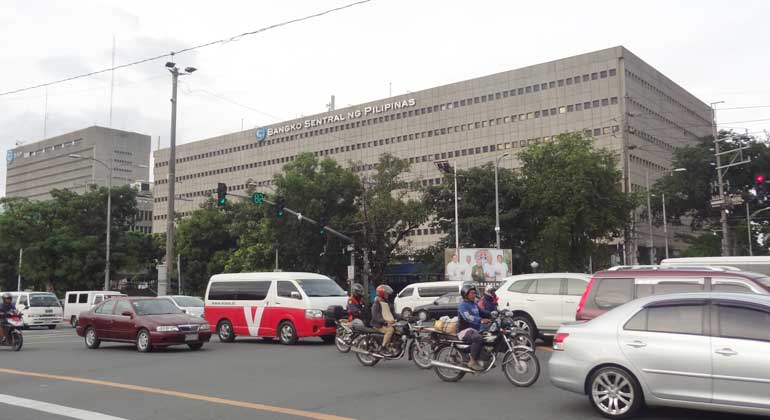
A NEW SYSTEM for assessing “dirty money” and terrorism financing risks in financial institutions has been approved by the Bangko Sentral ng Pilipinas (BSP).
In Memorandum No. M-2020-084, BSP Deputy Governor Chuchi G. Fonacier said the Money Laundering/Terrorism Financing Risk Assessment System (MRAS) will replace the current Anti-Money Laundering (AML) risk rating system.
“The MRAS is a tool to assess the money laundering/terrorism financing and proliferation financing (PF) risk profile of BSP-supervised financial institutions (BSFIs), taking into account their risk and context, business models and operations, among others,” Ms. Fonacier said.
The new system will be used alongside the Supervisory Assessment Framework which take effect in January 2021.
“Enforcement actions shall be implemented as warranted, such as in cases of excessive risks that are not adequately managed, presence of serious weaknesses in the BSFI’s money laundering, terrorism financing, and proliferation financing risk management system and violations of anti-money laundering and counter-terrorism financing laws or BSP regulations,” it said.
The MRAS will use a four-point rating scale to gauge money laundering and terrorism risks, ranging from low to high.
Factors to be assessed include inherent risk, quality of risk management, self-assessment systems, and the net money laundering/ terrorism financing and proliferation risk in BSFIs.
To measure inherent risk, the nature of the business and relationships of BSFIs will be looked into, particularly the total size, value and nature of products and services, client base profile, delivery channels, and geographic locations.
“The large volume and high value of the product or activity make it easier to conceal the high amount of proceeds from illegal activities,” the BSP said.
The central bank identified correspondent banking services, electronic fund transfers, and private banking as some services with high inherent risk.
Meanwhile, the BSP will assess the quality of risk management by BSFIs using a four-point rating scale, ranging from weak to strong.
Factors that will be considered are the quality of board and senior management oversight, adequacy of the money laundering and terrorism financing program and its implementation, as well as the effectiveness of internal controls on key anti-money laundering, counter-terorrism financing, or counter proliferation processes.
In this regard, the BSP will monitor compliance with policies on suspicious transaction reporting, freeze orders and sanctions, and record-keeping of relevant documents, among others.
For the self-assessment system, the BSP will check compliance function and internal audit mechanisms relative to the complexity of the institution’s organizational setup.
The Financial Action Task Force placed the Philippines under an observation period until February 2021. The country needs to address gaps in addressing its anti-money laundering and counter-terrorism financing measures before the deadline or risk being gray-listed. — Luz Wendy T. Noble
